Challenges of Open Water Swimming in a Polluted Ocean
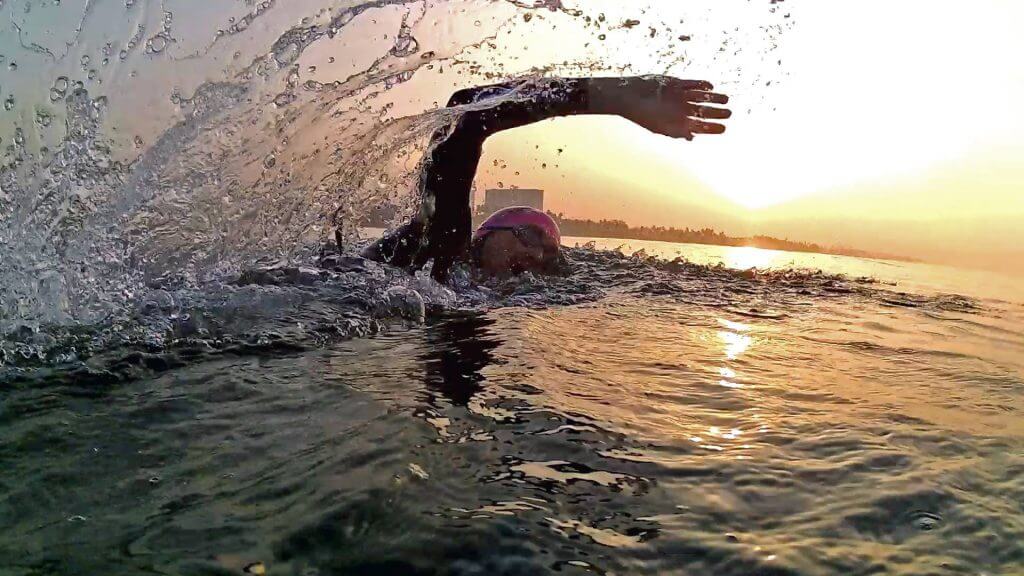
By Daniela Navarrete, Swimming World College Intern.
Swimmers face tougher challenges in open water swimming than in the pool. They deal with extreme water temperatures, uncertain weather and powerful currents. Nowadays, they face a new challenge: a polluted ocean. Global warming has evolved throughout decades of increased carbon emissions. Consequently, the store of energy and heat from the atmosphere has built up in the ocean. Not only climate change but also the massive amount of trash found in the ocean is harming marine life and quality of open water competition.
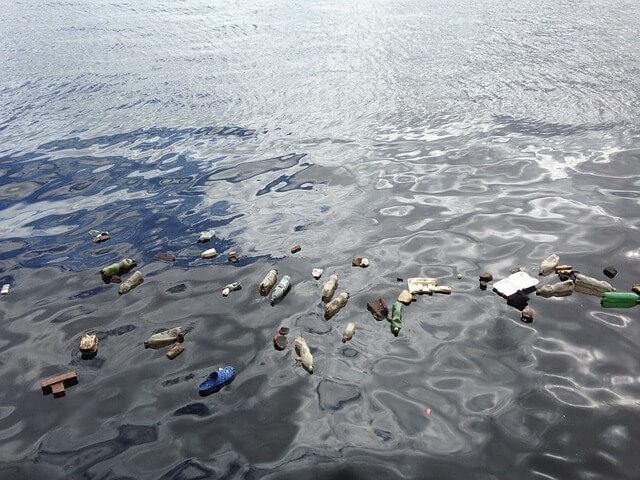
Photo Courtesy: Pixabay, trkemmel
Rio Water Incident
Not so long ago during the 2016 Olympics in Rio, the open water venues seemed to be the most polluted Olympic sport venue in history. About 1,400 athletes specializing in rowing, windsurfing and open water swimming were at risk because of an infectious super-bacteria.
This bacteria developed due to improper treatment of human sewage and overall waste. Greenpeace Research Laboratories published a pollution report in 2002. The study found a total of 14 different bottom sediment samples. These were the same type of domestic and industrial waste samples that were visible a year before the Rio Olympics. In the end, athletes didn’t suffer major implications after the competition. However, it is a fact that the water quality was far below the sanitary standards.
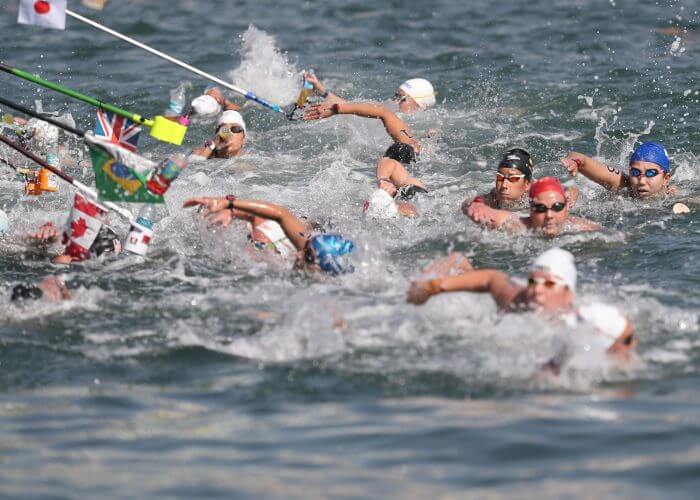
Photo Courtesy: Eric Seals-USA TODAY Sports
Future for Tokyo
Next year, the Olympic Games will include marathon swimming (open water) on its schedule once again. The Organizing Committee must test the venues so they are in optimal conditions when the event starts. In 2017, Tokyo’s Odaiba Marine Park was tested for the first time, and bacteria levels were higher than what it was permitted. The last test will be held August 11 with hopes of excellent water quality for the athletes.
Importance of a Clean Ocean
Millions of tons of plastic enter the ocean every year. With time, the accumulation of trash has created a garbage patch that contains about 1.8 trillion pieces of plastic, according to The Ocean Cleanup. In fact, French distance swimmer Ben Lecomte just started his journey through the Great Pacific Garbage Patch, widely known as the most polluted area of the Pacific Ocean. He hopes to raise awareness of global pollution and provide answers with marine contamination research.
Countless endangered marine species face a bleak future with our repeated plastic use. According to UNESCO, plastic kills more than 1,000,000 sea birds and 100,000 marine mammals every day. Most of it is not biodegradable and takes at least 100 years to disappear and evolve into microplastics. Microplastics are being researched for their detrimental effects on the environment.
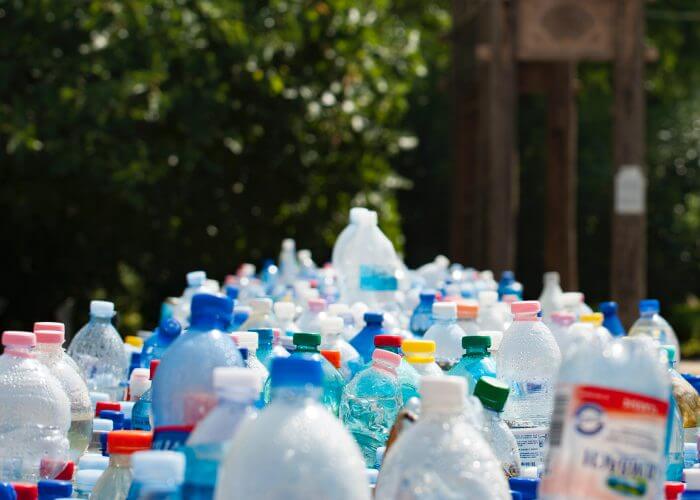
Photo Courtesy: Pexels, mali maeder
According to Planetaid.org, the ocean provides more than 70 percent of the oxygen we breathe and about 97 percent of the world’s water supply. Therefore, a polluted ocean not only affects the marine life or open water swimmers but also all of life on a global scale.
A World Record Solution
Numerous organizations are launching efforts to slowly but surely change the future scenery. Although the steps to conserve and patch up what we humans have trashed haven’t even scraped the surface of the damage we have caused, we have to start somewhere. Underwater clean-ups are one of the newest trends to help ease polluted oceans throughout the world.
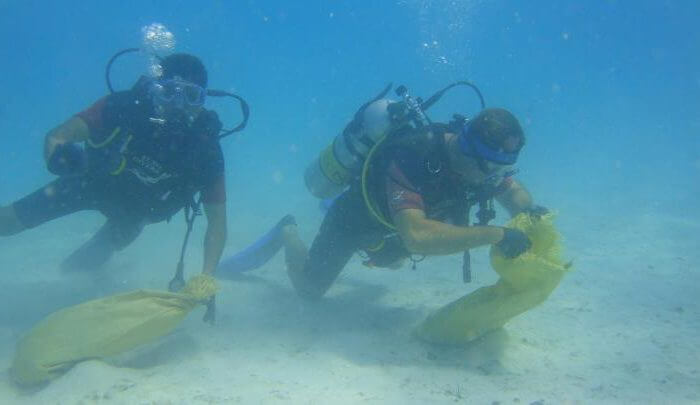
Photo Courtesy: Flickr, eurodiversworldwide
On June 15, 2019, a group of 633 divers broke the Guiness World Record for the largest group of people organizing subaquatic clean-up. Participants gathered on Deerfield Beach, Florida, from across the United States, Europe and South America. Each person dove for at least 15 minutes to gather trash at their site. Marine conservation organization Project AWARE said the divers may have gathered as much as 3,200 pounds and 9,000 pieces of debris. Scuba diving club Dixie Divers and Deerfield Beach Women’s Club, amongst others, organize the event every year and hope that other beaches will follow suit.
According to Michael Empric, Guiness World Record officiator who was present at the event, the old record belonged to Egyptian Ahmed Gabr. In 2015, Gabr organized a clean-up with 614 scuba divers at the Red Sea in Hurghada, Egypt.
Take Action
You don’t have to break a Guiness Record or get a scuba diving certification to take care of our marine ecosystem! A good way to start is by making small changes in our daily life, at home and practice, to reduce your overall waste. Check for a local project that includes environmental projects, whether on land or in the water. For some practical daily changes, click this link to learn six ways to become a more eco-friendly swim team.
Litter you toss out could appear in Japanese waters disturbing Haley Anderson or Jordan Wilimovsky next year. We all must do our part to help open water swimming and swimmers to be able to compete in a safe environment.
Just remember that we all drink, swim, and – most importantly – live because of the ocean.
For more information about ocean conservation and clean-up projects around the world take a look on these sites:
- Ocean Blue Project: Community Environment Nonprofit Movement Saving The Oceans. You can offer donations, host a clean-up or volunteer.
- Ocean Conservacy: Organization that advocates for clean oceans. You can offer donations, host a clean-up or volunteer.
- The Ocean Cleanup: Non-profit organization that develops advanced technologies to get rid of the world’s oceans of plastic. It offers information about their scientific strategies to save the ocean
-All commentaries are the opinion of the author and do not necessarily reflect the views of Swimming World Magazine nor its staff.



